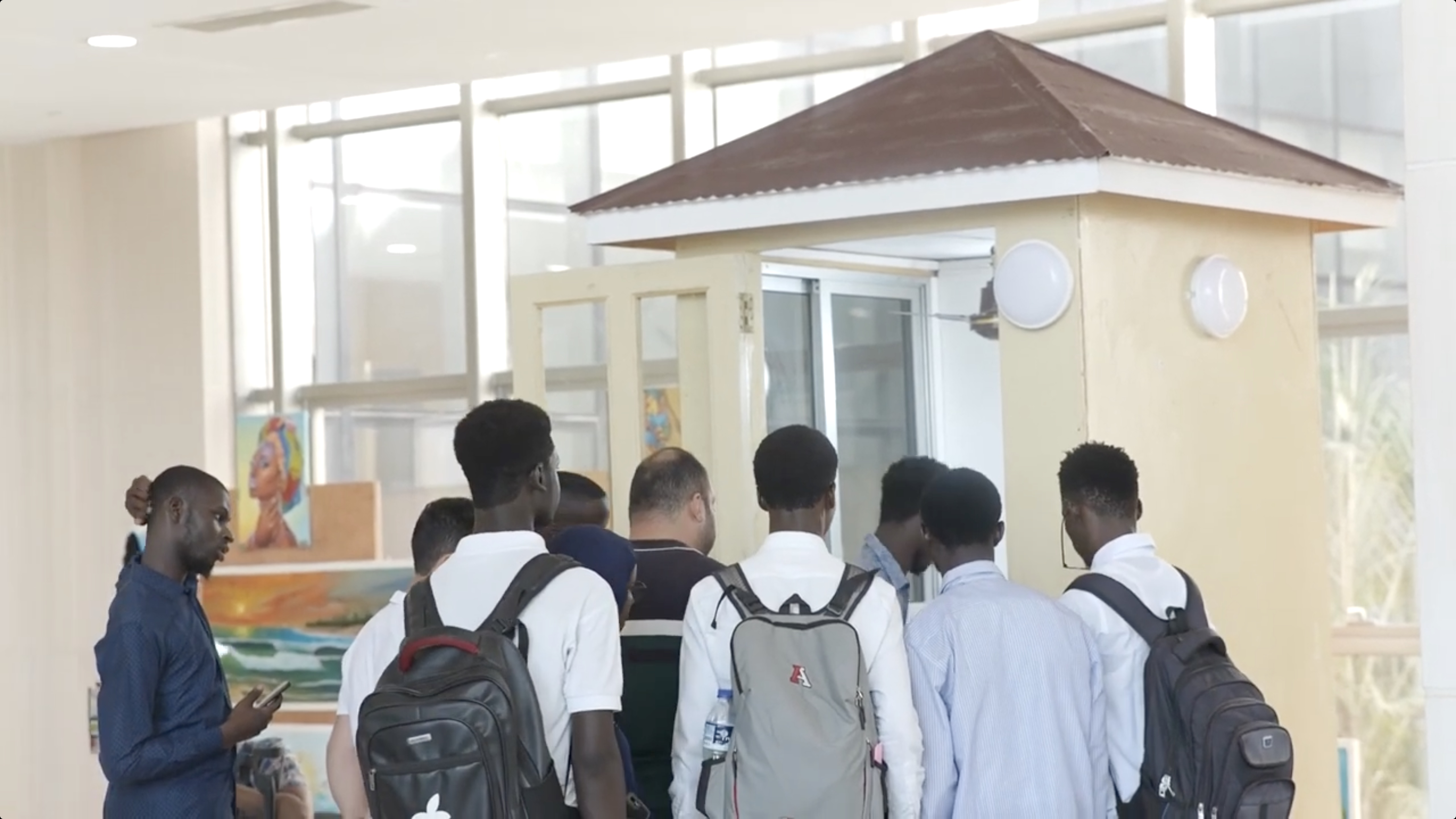With the global climate crisis, energy conservation is crucial now more than ever to the promotion of energy efficiency. Given power challenges across the sub-Sahara African region, resources have been invested, leading to the advocacy and formulation of policies to adequately address this challenge. The Gambia is one of the many countries in West Africa struggling to keep from a total power breakdown. struggling to keep at bay total power breakdown. To combat this challenge, students at the Science, Technology and Engineering for Entrepreneurship (STEE) at the University of Science, Engineering and Technology (USET), The Gambia developed the SmartHouse app as a tool to propel energy conservation in the Gambia. USET hosts the Gambia’s first school of engineering, supported under the ACE Impact project.
Led by Maimuna Jallow, a third-year female electrical engineering student of USET, the SmartHouse app was designed to give home owners greater control of their energy usage, thereby enhancing the safety and security of homes in their absence. The app is designed in a way that appliances can be automatically controlled remotely using a networked device, with select appliances installed to be user-friendly. all one needs to do is to download the app for free.
The Smart House app consist of a simple technology that entails components of Civil and Electrical Electronic Engineering. The students made use of light dependant resistor (LDR) and Node MicroController Unit (NODEMCU) to control lamps, fans, and sockets in the house, as well as detecting darkness without the involvement of a person during black outs. The SmartHouse app was launched in November 2022 at the 8th ACE Impact Regional Workshop, which was opened by the President of the Gambia, in Banjul, among other student innovations including a smart bin, electric car and scooter, and solar water pumping system. The students announced that this was a pilot and with appropriate funding could be expanded and commercialised. Pamela Bass, a third-year student and member of the team noted that “If we are supported, we can do installation of houses with our app and customers can be paying us monthly or annually.”
The ACE Impact project is committed to highlighting the innovative and creative abilities of students, encouraging participation in the application of the acquired knowledge, skills, and abilities to solve problems pertaining to national and global development.
